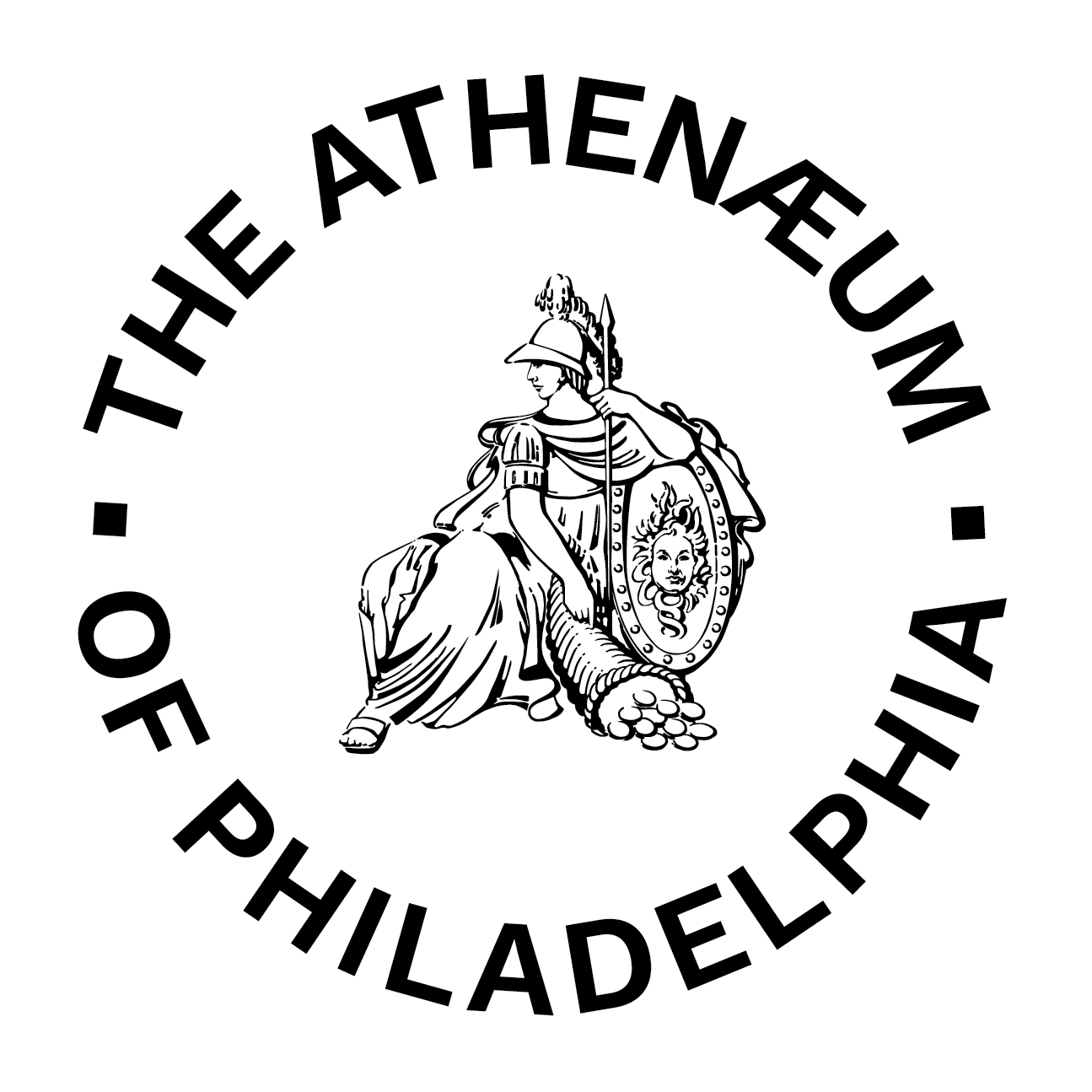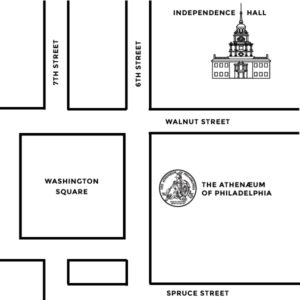
(signed in by Henry Toland)
Tuesday June 18, 1816
Anthony Finley's Building
South East Corner, 4th and Chestnut Streets, 2nd Floor
Military
Occupation: Military Officer
Residence: Paris [France]
RECORD OF STRANGERS IMAGE
Volume 1
Henri Dominique Lallemand, October 17, 1777 — September 15, 1823
Henri Dominique Lallemand was a French military officer. He rose to the rank of general in Napoleon Bonaparte's military, and sought refuge in the United States following Napoleon's defeat, arriving in 1816. Once in the United States, Lallemand married a niece of Philadelphia-based merchant and one of America's richest men, Stephen Girard. He also invested in the Vine and Olive Colony, as did some other French exiles who visited the Athenaeum following Napoleon's fall. Lallemand then shifted his focus to his two-volume Treatise on Artillery (1820), which became influential within the U.S. military. He died in 1823, of dysentery.
(signed in by Sansom Perot)
Monday June 18, 1821
Philosophical Hall
104 South Fifth Street, Independence Square, First Floor
Business
Other
Occupation: Merchant and Planter
Residence: Havana [Cuba]
RECORD OF STRANGERS IMAGE
Volume 2
Nathaniel Fellowes, 1780 —
Nathaniel Fellowes was an American expatriate, who was a merchant and planter in Cuba. He and his uncle, also named Nathaniel Fellowes, were among the first merchants to relocate to Cuba once trade between the country and the United States opened at the end of the 18th century, and the younger was given permanent residency in the country in 1802. There, they amassed sizable fortunes via their plantations and the labor of those they enslaved. In the early 1800s, the elder Fellowes petitioned then-Secretary of State James Madison to appoint the younger Nathaniel Fellowes the U.S. consul in Havana, but he was never given the appointment. The Record of Strangers indicates that Fellowes visited the Athenaeum on multiple occasions.
(signed in by Sansom Perot)
Monday June 18, 1821
Philosophical Hall
104 South Fifth Street, Independence Square, First Floor
Military
Other
Occupation: Naval Officer and Aristocrat
Residence: Bermuda
RECORD OF STRANGERS IMAGE
Volume 2
Sir William Crisp Hood Burnaby, 1788 — 1853
Sir William Crisp Hood Burnaby was a British naval officer and aristocrat. He served in the Royal Navy beginning in 1809, rising to the rank of commander of the prison ship Ardent by 1814, and serving until the ship was put out of commission in 1816. It is largely unknown how Burnaby spent his days following his naval career, though records show that he purchased Canadian land in 1835, and died in Bermuda in 1853. The Record of Strangers indicates that Burnaby visited the Athenaeum on multiple occasions.




